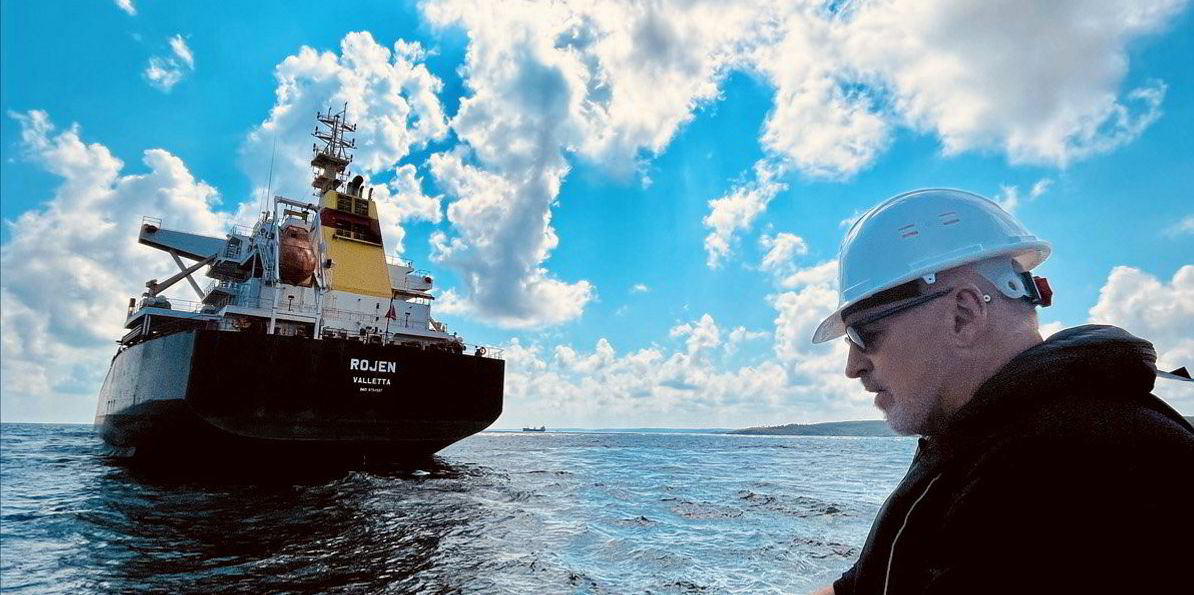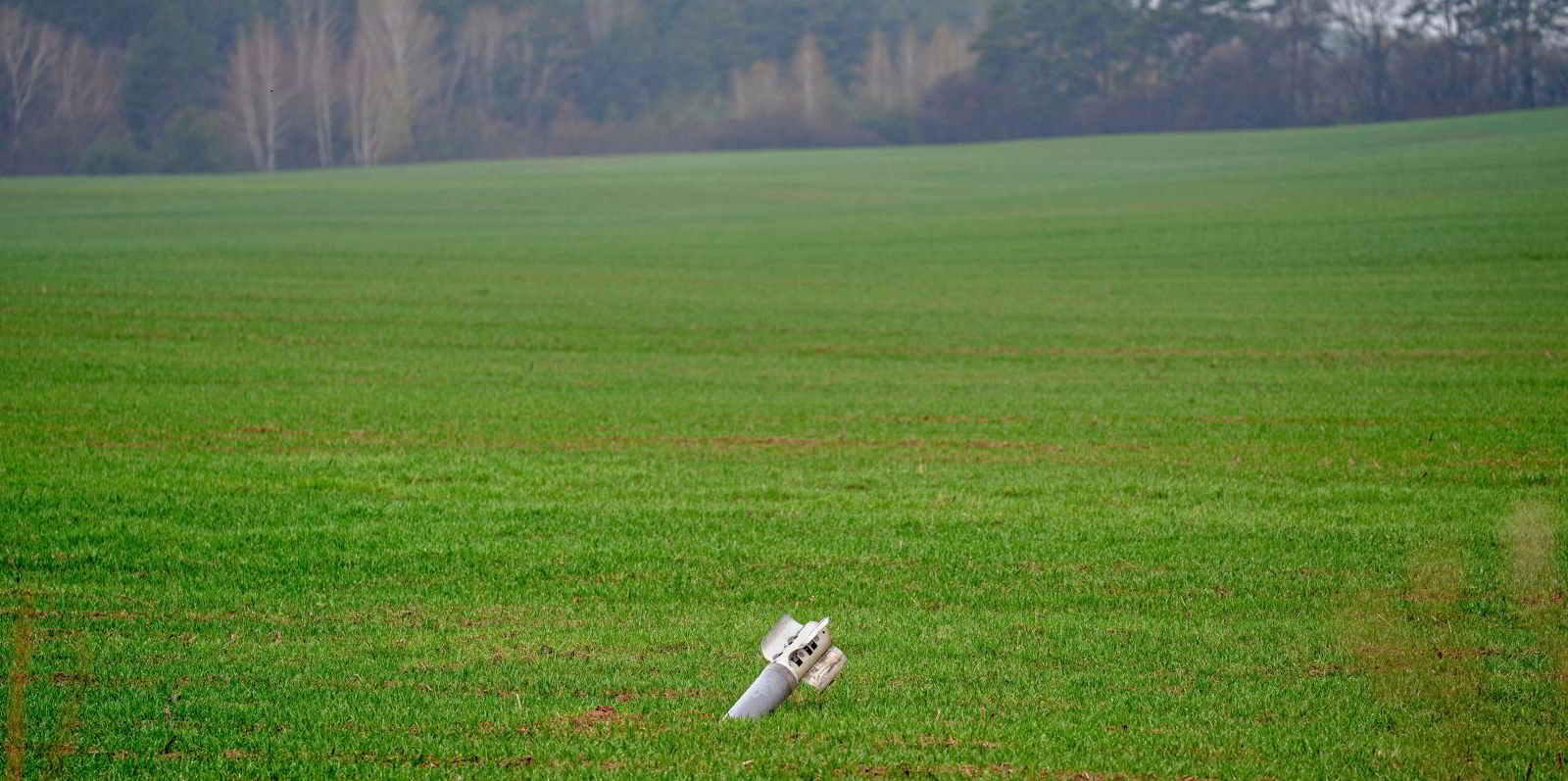The safe passage of bulkers carrying Ukrainian grain through the Black Sea corridor will not be tenable in the long term without Russian backing, United Nations officials warn.
In the strongest sign yet that the Russian withdrawal from the scheme is starting to bite, the UN’s Joint Coordination Centre (JCC) in Istanbul announced on Tuesday that no ships would move through the corridor the following day.
In a tweet later in the day, however, JCC coordinator Amir Abdulla said he expected deliveries to continue on Thursday. Ukraine’s government said it expected eight vessels to sail that day.
These transfers, however, are just a stopgap solution.
“Movements and inspections carried out after the Russian Federation suspended its participation in implementation activities at the JCC [are] a temporary and extraordinary measure,” the JCC explained on its website.
It said it could “best deliver on its mandate with the full and active participation of all four delegations”.
In a seemingly unrelated problem, the centre announced it had to suspend inspection of two outbound vessels “due to issues related to fumigated cargo”.
More than 60 ships have been inspected or allowed to travel through the corridor since Russia announced it was suspending its participation on 29 October.
The last vessels loaded with Ukrainian grain to undertake the journey on Tuesday were the 56,000-dwt SSI Challenger (built 2004), 24,200-dwt Bomustafa O (built 1995) and 18,800-dwt Nimet Torlak (built 2003).
Developments so far confirm previous estimates by shipping sources to TradeWinds that the existing stock of vessels in the pipeline would probably complete their voyages, one way or another.
As long as Russia stays away from the scheme, however, the sources added, it remains unclear how dozens of inbound vessels awaiting inspection in Istanbul or that have recently applied to take part in the lucrative scheme would be able to join.
No insurers in sight
“It is unclear whether the [Black Sea Grain] Initiative will continue to function and what form this will take,” maritime security intelligence firm Dryad said in a report on Tuesday, adding that the JCC will probably have to inform Russia of impending movement plans on a day-by-day basis.
Security concerns are already causing major insurers to stop covering the trade.
Marcus Baker, a senior official at insurance broker Marsh, said on Tuesday that few underwriters would take on the heightened risk in the face of the belligerent rhetoric out of Moscow.
“Going forward, if ships haven’t already arranged cover, then, frankly, I think it will be very difficult for them to be able to that,” he told the BBC.
Insurer Ascot, which teamed up with Marsh on providing $50m in cargo cover for Black Sea shipments, said it would not quote on new business for the trade until the situation becomes clearer.
Russia suspended its participation in the Black Sea Grain Initiative after a Ukrainian drone attack on its war fleet on Saturday in the annexed city of Sevastopol, Crimea.
Moscow said the drones used the corridor to approach their target. It demanded guarantees from Ukraine that it will no longer use the corridor for military purposes and warned that further grain exports without such guarantees will no longer be safe.
Russia has long had misgivings about renewing the safe passage scheme, which is due to expire on 22 November, arguing that the West failed to deliver on pledges to lift some economic sanctions that would facilitate Moscow’s own agricultural exports.
According to analysts, it is that second concern that weighs more heavily on Russian minds.
“It is assessed that Russia’s primary intent is to ensure the export of Russian fertiliser products and secure sanctions reprieve for such products,” Dryad wrote.
According to the latest UN data, 9.73m tonnes of grain and foodstuffs were moved from the Ukrainian ports of Odesa, Chornomorsk and Pivdennyi since the initiative began on 1 August.
The scheme revived Ukraine’s seaborne grain shipments, which had collapsed to near zero after Russia invaded on 24 February.
According to the UN Conference on Trade and Development (UNCTAD), Ukrainian exports reached between 40% and 50% of their pre-war level. Clarksons said the share was even higher from mid-September to late October, running at 85% of pre-conflict levels.
Ukrainian grain exports are seen as crucial to keep international food prices low and alleviate hunger in least developed countries.
According to UNCTAD, however, poorer countries have directly received less than half of all wheat and about one-third of all maize carried under the scheme.
Read more
- Grain corridor insurance cover set to end after Russia suspension, says Marsh
- Ukraine grain exports were at 85% of pre-conflict levels, says Clarksons
- Canopius takes a principled approach to the marine insurance business
- Dry bulk market watchers split on effect of Russia grain corridor pullout
- Shareholder returns support stock prices as flurry of earnings due





